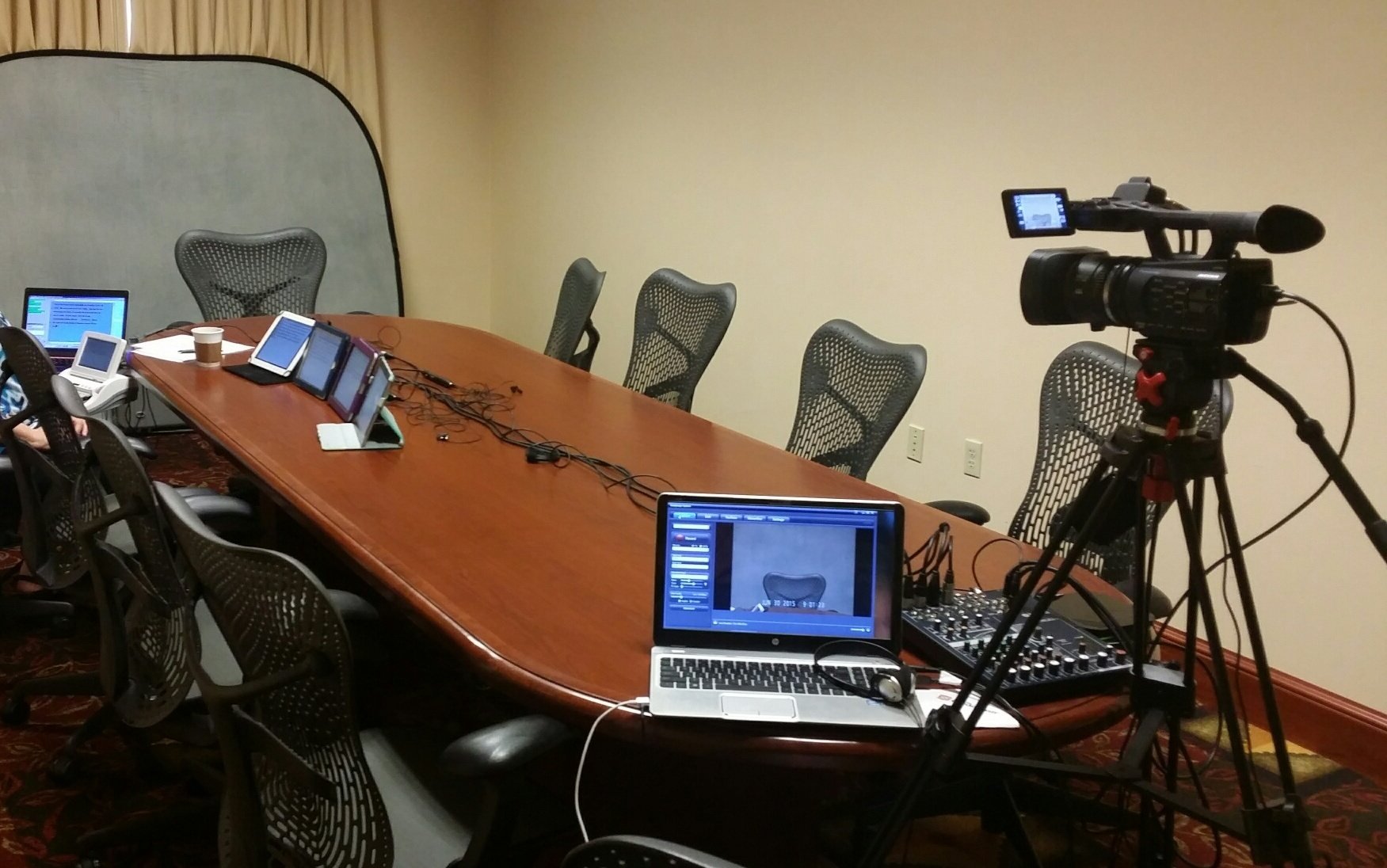The Olympics of Court Reporting

There are multiple reasons depositions are taken in a case. Most commonly, depositions are taken as part of the discovery process, as each side wants to learn what evidence the other side will possibly present under oath at trial. Sometimes a deposition is taken for use at trial because the witness isn’t available to be physically present in the courtroom. In any event, sometimes the deposition ends up deciding the trajectory of the case. If a witness is particularly compelling – in a good or a bad way – attorneys can decide to settle the case and avoid a potentially bad trial outcome.
One of our reporters tells the story of how this happened in her family.
A month after my oldest son turned 16, he was involved in a rear end collision. He was at fault, but there wasn’t much damage to the other car. The driver of that car, a middle-aged woman, was driving with her teenager and said she was okay that day. Now, being a court reporter I knew that it was likely she’d be sore and maybe even actually be hurt after the adrenaline wore off. It turned out that she lived in our subdivision, and we exchanged information.
Time went by, and we would wave when passing each other in the neighborhood and were friendly, but she never mentioned anything about being hurt. One month before the statute of limitations passed, she filed suit asking for $220,000 for neck and back injuries.
We were shocked!
During the course of discovery we found out that she was claiming that neck surgery and permanent disability she had suffered was caused by the rear-end accident. We also found out that she didn’t see a doctor for five months after the accident and had pre-existing neck and back issues. It looked like the case was going to trial, and then they took my son’s deposition.
Our attorney told me afterward that my son was composed, well-spoken, and came across as polite, mature, and responsible. His appearance and demeanor didn’t fit the narrative the other side was intending to paint at trial, which was one of an irresponsible 16-year-old boy who was just driving far too fast for conditions. The next morning, the other side accepted a $5,000 settlement.
It should be noted that this isn’t a regular occurrence, and it could have also gone the other way. But, the story illustrates how attorneys use depositions to gauge how a witness will appear to a jury so they can modify their approach to the case if needed.